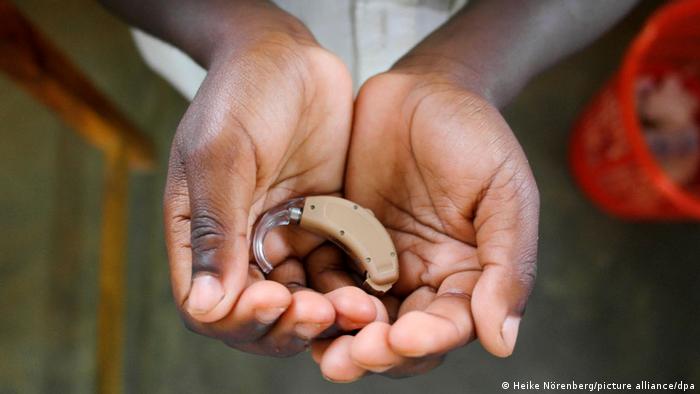A NEW cancer vaccine could slash the risk of death or relapse by 44 per cent in some patients, experts have found.
The personalised jab uses the same technology that was first used in Covid-19 jabs from Moderna and Pfizer.
When combined with drug Keytruda, the phase two trial found that it led to a 44 per cent reduction in the risk of skin cancer coming back or death, compared to just Keytruda alone.
This was in 157 patients who had stage three and four melanoma and were given the treatment after their tumors were surgically removed.
In the UK one in 36 males and one in 47 females will be diagnosed with skin cancer in their lifetime, data from Cancer Research UK states.
Keytruda is an antibody that is used in melanoma, lung cancer and head and neck cancer treatment.
The medics at Moderna and Meck said that with the new jab, the results are the first demonstration of effectiveness for an investigational mRNA cancertreatment in a randomised clinical trial.
The study uses a personalised jab to increase the effectiveness of immunotherapy in metastatic skin cancer.
Experts used mRNA-4157/V940, which is designed to stimulate an immune response using T cells based on the unique make-up of a patient’s tumour.
Although it’s still in the first stages, experts have said the findings are ‘encouraging’.
Prof Andrew Beggs, MRC Senior Clinical Fellow and Consultant Colorectal Surgeon, University of Birmingham said: “The use of the game changing mRNA vaccine technology in increasing response to immunotherapy drugs is very exciting.
“It is very encouraging that this is a likely effective treatment option in the future.
“This advance is likely to have important implications for metastatic cancer patients in the future, and opens a new therapeutic avenue for these patients.”;;
Now, medics at Moderna and Merck will approach regulators with the results and will launch a third stage trial as well as “rapidly”;; expanding the drug to other types of cancer.
Stephane Bancel, Moderna’s chief executive, said: “Today’s results are highly encouraging for the field of cancer treatment – mRNA has been transformative for Covid-19 and now, for the first time ever, we have demonstrated the potential for mRNA to have an impact on outcomes in a randomised clinical trial in melanoma.
“We will begin additional studies in melanoma and other forms of cancer with the goal of bringing truly individualised cancer treatments to patients.
“We look forward to publishing the full data set and sharing the results at an upcoming oncology medical conference, as well as with health authorities.”;;




